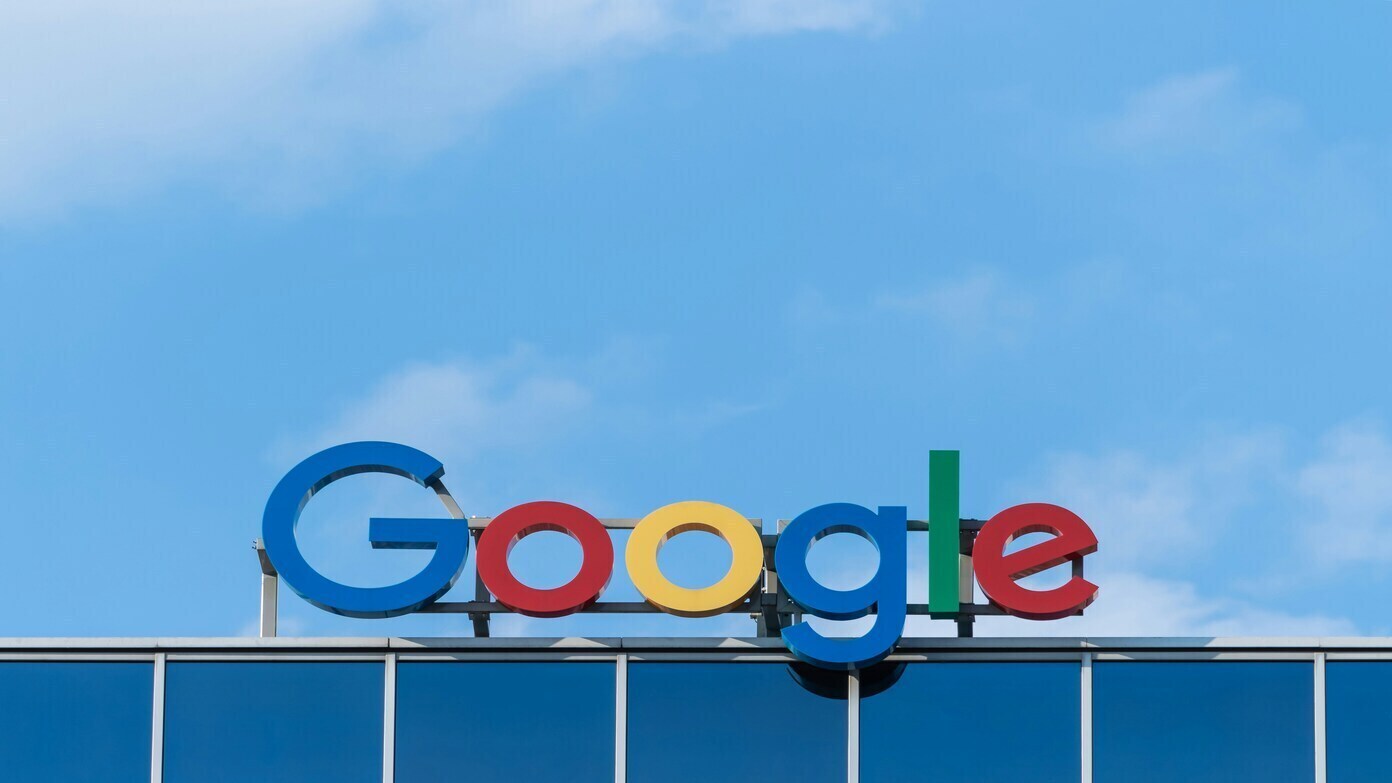Jury rules against Google in major privacy case
A federal jury in California has found Google liable for privacy violations after the company continued collecting user data, even when people had turned off a key tracking setting. The case, Rodriguez v. Google LLC, centered on Google’s “Web & App Activity” setting. Plaintiffs argued that despite turning it off, Google still gathered information from non-Google apps that included Google’s tracking code.
The jury agreed that this amounted to a violation of privacy, ordering Google to pay $425 million. While the ruling is a big deal, Google plans to appeal, meaning payments are not guaranteed yet. If the appeal is successful, the payout could be delayed—or may never happen.
What was the lawsuit about?
The lawsuit, first filed in July 2020, claimed that Google misled users about how much control they actually had over their data. Even if people switched off tracking, the company allegedly continued to gather information through Google Analytics and other embedded tools.
The complaint also alleged that Google “intercepts, tracks, collects, and sells consumer mobile app browsing history and activity data regardless of what safeguards or privacy settings consumers undertake.” Critics argued that avoiding Google’s tracking is nearly impossible, since over half of websites rely on its analytics tools.
In short, the lawsuit said Google’s policies were vague and deceptive, giving users a false sense of privacy.
How much is Google ordered to pay?
The plaintiffs originally sought $31 billion in damages. The jury did not grant that amount but still handed down a significant penalty of $425 million.
Of that, about $247 million would go to users with Android devices, and $178 million to those with non-Android devices. However, because Google is appealing, there is no set date for payments—and the final amount could change.
Who is eligible for a payout?
Roughly 98 million people may qualify for compensation if the verdict stands. To be eligible, you must meet the following conditions:
- You had a standard Google account (not an enterprise or supervised “Unicorn” account).
- You turned off or paused the “Web & App Activity” setting between July 1, 2016 and September 23, 2024.
- Despite doing so, Google still collected your data from non-Google apps.
If the appeals process ends with Google still liable, the court will determine how much each eligible member receives. Payments typically vary depending on the number of claimants.
Why is Google appealing?
Google denies wrongdoing, insisting its privacy policies are clear. The company argues that the “Web & App Activity” setting never guaranteed a full stop to all data tracking, particularly for analytics. During the trial, its lawyers said users should have known this limitation from the disclosures provided.
The plaintiffs countered that the language was intentionally vague, designed to mislead consumers into thinking they had more privacy than they actually did. The jury sided with the plaintiffs on two counts but did not find Google acted with malice or fraud.
Read this later
Veterans can save big on car insurance — here’s how
Mass deportations now target military members and veterans — even those who served
What is the difference between Memorial Day and Veterans Day?
What does this mean for internet users?
The case highlights a difficult truth: even when you disable privacy settings, your data may still be collected. Google is far from the only company that tracks users across websites and apps.
To reduce the amount of information gathered about you, privacy experts recommend:
- Limiting the apps you download and deleting ones you no longer use.
- Checking cookie and privacy settings carefully on websites and apps.
- Using a Virtual Private Network (VPN) to obscure your location and browsing activity.
- Stay alert to scams, since collected data often fuels phishing attempts.

